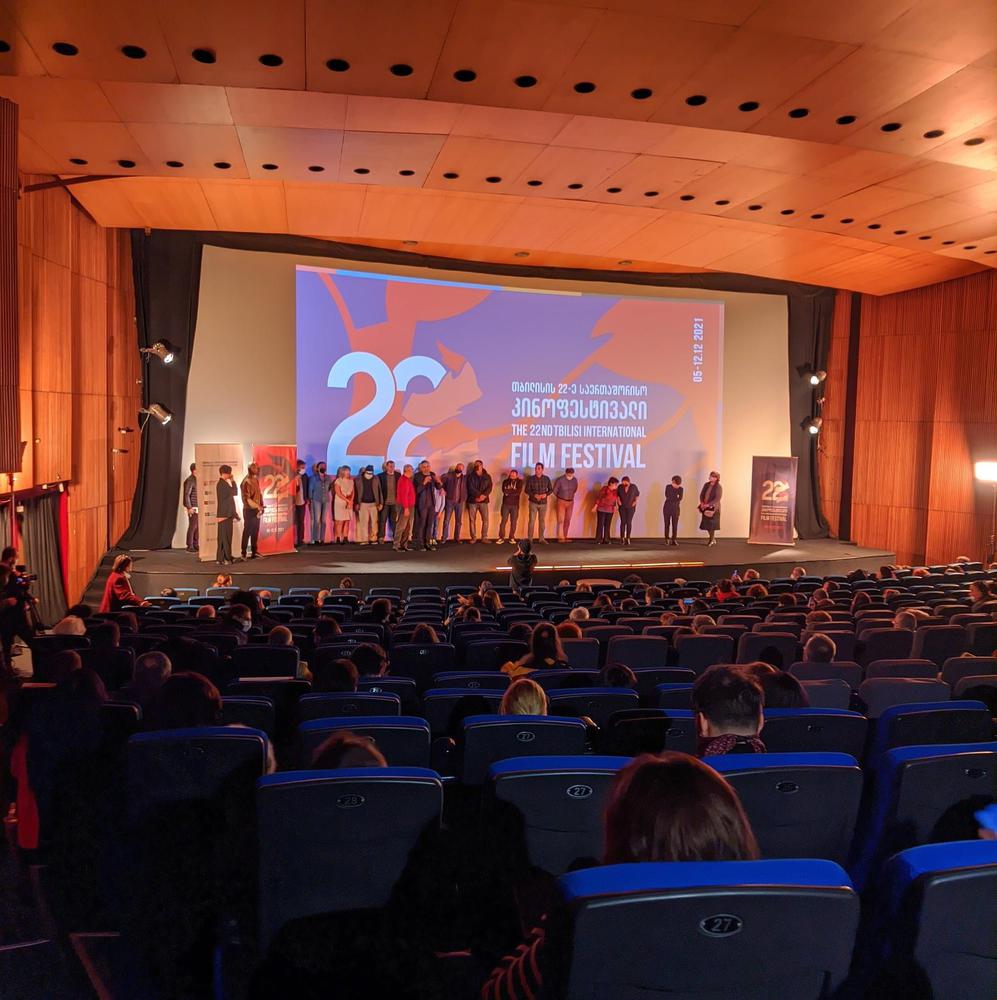The Georgian film industry, a vibrant facet of the country's cultural and artistic landscape, has garnered international acclaim and interest. This industry, deeply rooted in Georgia's rich history and unique storytelling traditions, offers a compelling exploration for film enthusiasts and travelers alike. This article delves into the evolution of Georgian cinema, highlighting notable directors and films, and examining its impact on the global film industry and cultural tourism in Georgia.
The Genesis and Evolution of Georgian Cinema
The origins of the Georgian film industry trace back to the early 20th century, with the establishment of the first film studios in Tbilisi. Pioneers like Alexandre Tsutsunava and Ivan Perestiani laid the groundwork for a national cinematic style characterized by its poetic realism and nuanced storytelling. The 1920s and 1930s saw the emergence of films such as Tsutsunava’s “Kristine” (1921) and Kote Marjanishvili's “The Wishing Tree” (1977), which blended local narratives with universal themes, setting a precedent for future Georgian films.
The Soviet Era and its Influence
During the Soviet era, Georgian cinema experienced significant growth under the auspices of the Georgian Film Studio, founded in 1924. This period was marked by a delicate balance between ideological constraints and artistic expression. Directors like Tengiz Abuladze and Otar Iosseliani gained recognition for their films that subtly critiqued the Soviet system while celebrating Georgian cultural identity. Abuladze's "Repentance" (1984) and Iosseliani's "Pastorale" (1975) are exemplary of this era’s unique blend of political commentary and artistic innovation.
Post-Soviet Renaissance and Global Recognition
The collapse of the Soviet Union brought about a challenging period for the Georgian film industry, with reduced funding and infrastructure. However, the 2000s marked a resurgence, often referred to as the "Georgian New Wave." This era witnessed the international success of films like "Tbilisi, I Love You" (2014), part of the "Cities of Love" series. Directors such as Nana Ekvtimishvili and Simon Groß with their film "In Bloom" (2013) played a crucial role in this revival, showcasing Georgian culture and history to a global audience.
The Contemporary Scene: A Blend of Tradition and Modernity
Today, the Georgian film industry thrives with a blend of traditional themes and contemporary storytelling techniques. Modern filmmakers like George Ovashvili, with his award-winning film "Corn Island" (2014), continue to elevate Georgian cinema on the world stage. The industry not only contributes to the national economy but also enhances cultural tourism, inviting travelers to explore Georgia’s cinematic landscapes and heritage.
Georgian Cinema and Cultural Tourism
The global acclaim of Georgian films has sparked interest in the country’s cinematic heritage among travelers and film enthusiasts. Film festivals like the Tbilisi International Film Festival and locations featured in Georgian movies have become significant tourist attractions. This interest bolsters both the film and tourism industries, creating a symbiotic relationship that promotes Georgian culture internationally.
Impact on the Global Film Industry
Georgian cinema, with its unique narrative style and aesthetic, has made a significant impact on the global film industry. Its contribution is evident in international film festivals, where Georgian films regularly receive accolades, thereby enhancing the country's reputation as a producer of high-quality, thought-provoking cinema. The industry's resilience and creativity serve as a model for other national cinemas aspiring to make a global mark.
Conclusion: A Journey Through Georgian Film
The journey of the Georgian film industry reflects the country's tumultuous history and rich cultural tapestry. From its early beginnings to its current global standing, Georgian cinema continues to captivate audiences with its unique blend of storytelling, cultural depth, and cinematic beauty. For travelers and film lovers alike, Georgia offers a fascinating cinema-inspired journey, deeply embedded in the nation's artistic soul.

 Cultural Performances
Cultural Performances
 Georgian Dance
Georgian Dance
 Georgian Music
Georgian Music
 Georgian Theatre
Georgian Theatre
 GIMS, Gandagana & Georgia
GIMS, Gandagana & Georgia




